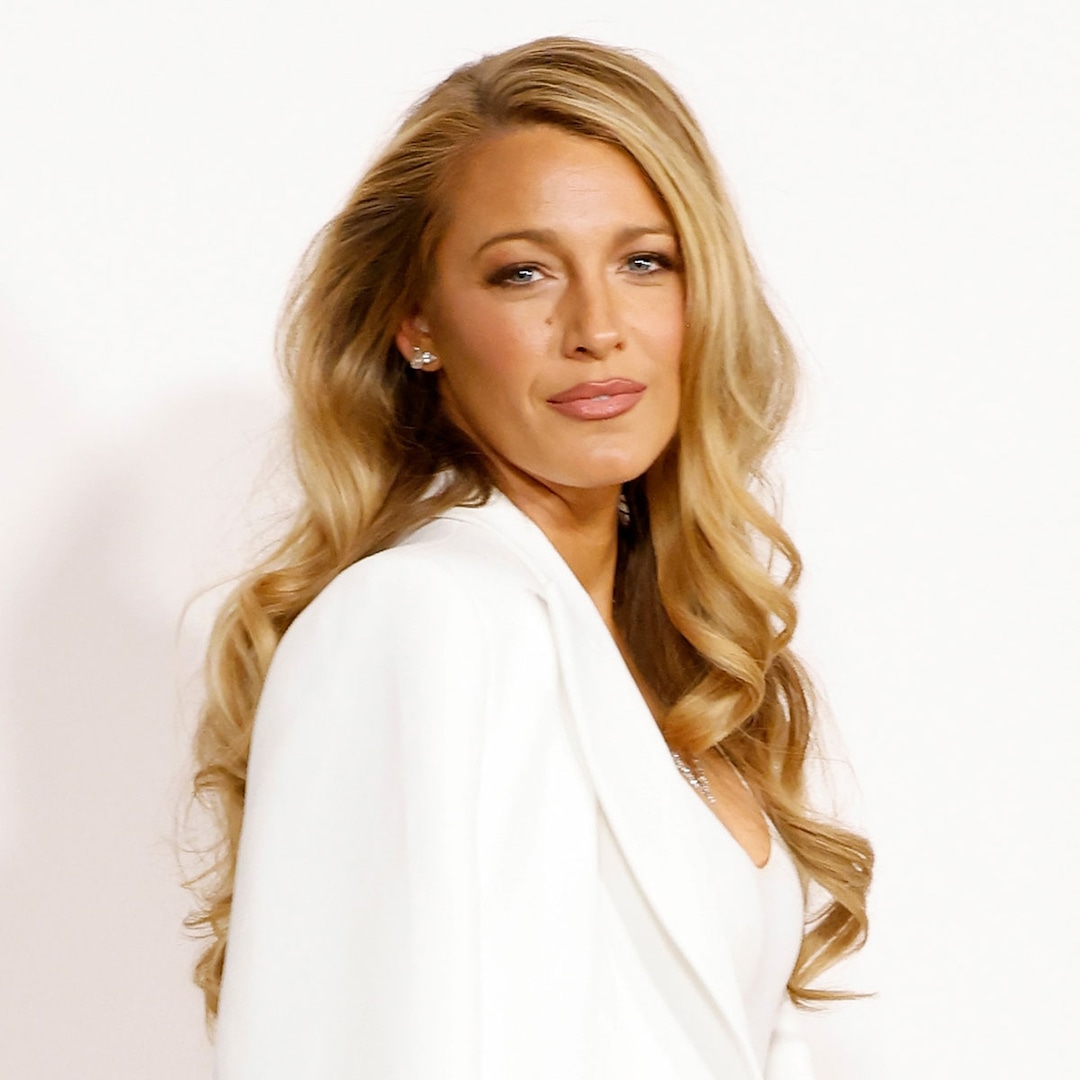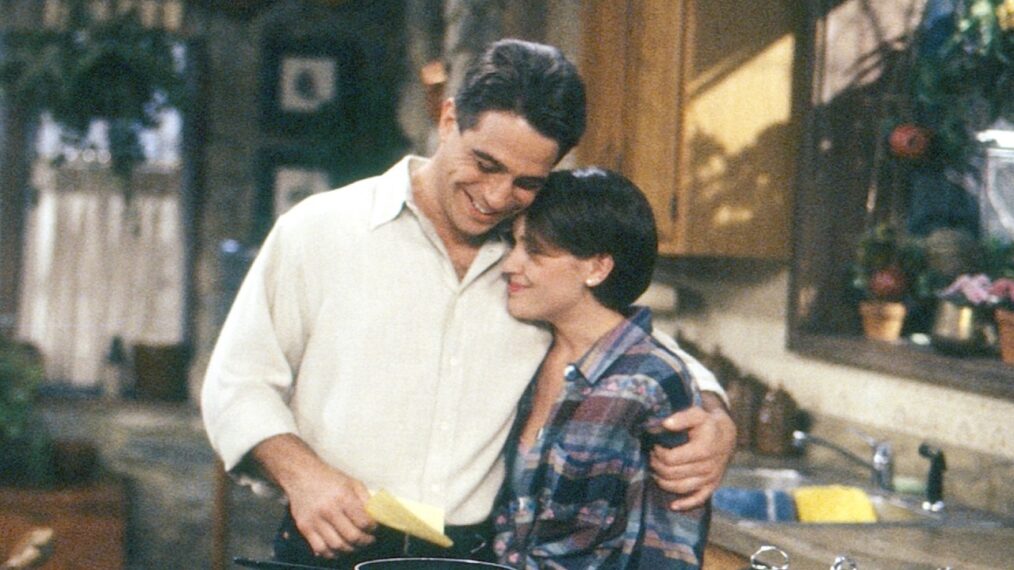
There is a lot said in Women Talking, the long-awaited directorial follow-up to Sarah Polley’s excellent 2012 documentary Stories We Tell, but little to retain. A bland, boring movie through and through, Women Talking squanders an intriguing premise on almost every level.
Set on a religious compound where the men have ruled with supreme authority, the women convene over a course of several days to determine what action to take after a series of rapes shakes their fundamental understanding of their faith and society. Do they stay and fight? Do they leave? Do they do nothing?
A play masked as a movie, Women Talking aims to be this generation’s 12 Angry Men but lacks the firebrand performances–and the direction–to make it work. Despite starring the likes of Rooney Mara, Claire Foy, Jessie Buckley, and an extremely underutilized Frances McDormand, Women Talking is a limp noodle of a film, one that begins dull and never hardens into the ferocious entity it needed to become.
Polley, an actress who burst onto the directorial scene with the highly personal Stories We Tell, approaches Women Talking with about as much outward enthusiasm as you would if the film were about a person holding a phone conversation with a customer service representative. The movie is presented in a dull, muted, saturated grayish-colorish tone that seems designed to suck the life not only out of the subject matter but out of the suffering audience like some kind of succubus. The scenes, shot simply and without affect, also do nothing to captivate; Women Talking is a dull movie to look at.
It’s a dull one to listen to, too. The characters, though crisply written, don’t feel as though these are women who have spent their lives separated from the outside world; they talk about not having ever seen a map or knowing where to go, yet the actresses largely appear to be playing versions of themselves–but not their best selves. Where you’d expect fiery performances and explosive arguments you get these talented actresses doing not much at all; sure, Jessie Buckley’s character is angry, but her anger is forced, a requirement for her playing “the angry one.” This would work in a play–and in fact, Women Talking could make a good play unencumbered by the broader requirements of a major motion picture–but here each character comes off as insincere, a fabrication of a writer and not someone fully realized and three dimensional.
Women Talking poses some interesting questions and is not without merit, but the delivery is antagonistic to the audience at best, wretched at worst. There is a lot said in this movie; very little of it lands with the emotion, power, and fire to warrant listening to what is said, however.
Review by Erik Samdahl unless otherwise indicated.














































































